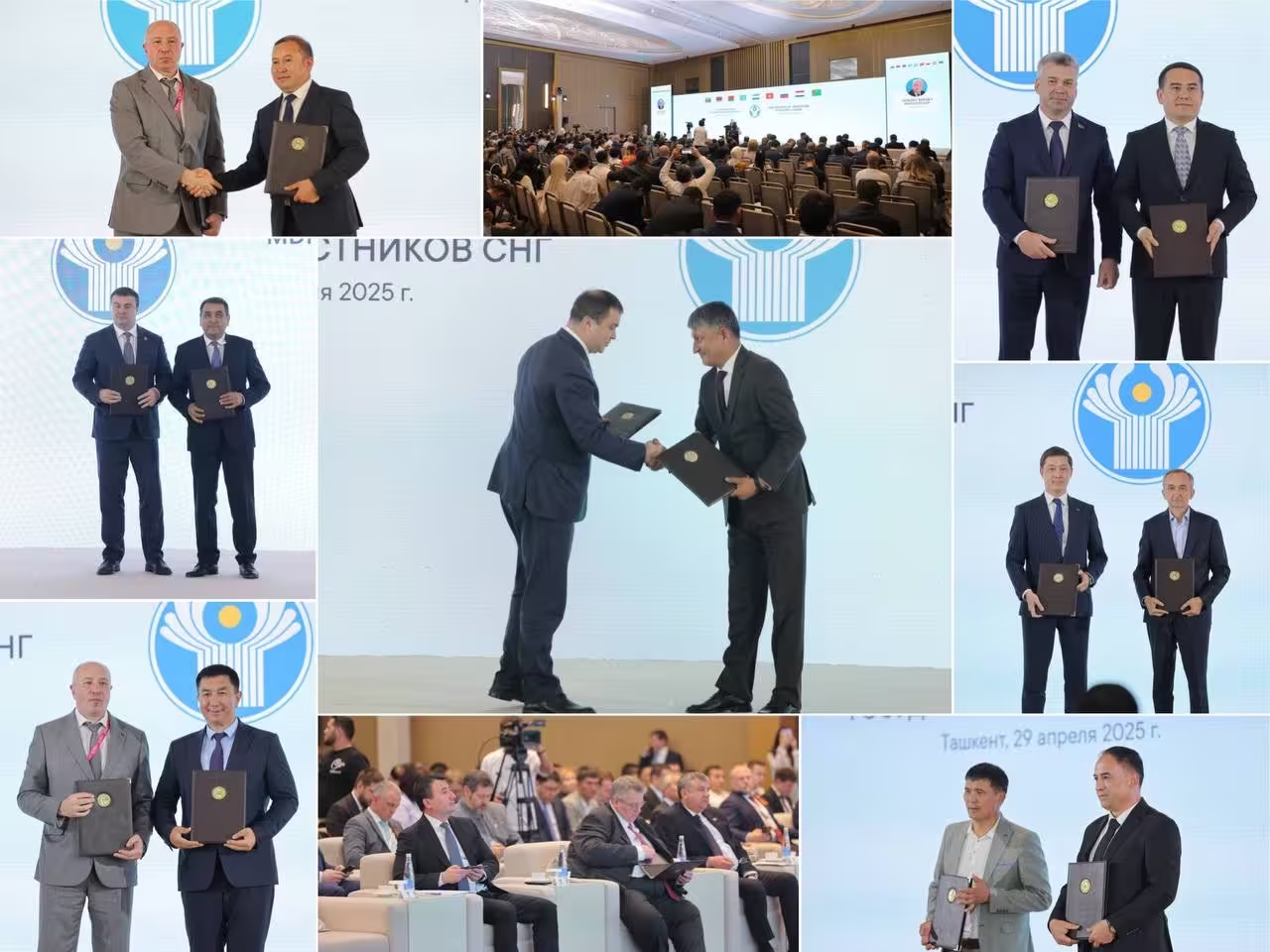The First Forum of Regions of the Commonwealth of Independent States (CIS) concluded in Tashkent with the signing of more than ten key agreements aimed at deepening regional cooperation. The documents cover a broad range of areas, including trade and economic relations, scientific and technical collaboration, cultural exchange, and the establishment of friendly interregional ties.

The forum, initiated by President Shavkat Mirziyoyev of Uzbekistan, marked the first regional gathering of its kind in the history of the CIS. It brought together senior government officials and regional leaders from CIS member states, as well as representatives from the CIS Executive Committee.
Delivering the welcoming address, Uzbekistan’s Deputy Prime Minister Jamshid Khodjaev stressed the strategic importance of building sustainable partnerships and fostering interregional ties based on mutual trust and shared interests. He emphasized that enhanced cooperation among CIS regions is key to long-term economic integration and growth.

Over the past five years, Uzbekistan’s foreign trade turnover with CIS countries has nearly doubled, exceeding $23bn by the end of 2024. More than 5,500 joint ventures with CIS capital are currently operating across Uzbekistan, with active investment and infrastructure projects underway.
The forum showcased the dynamic development of special economic zones and cross-border trade zones across the CIS—more than 130 in total—and the signing of nearly 6,000 interregional cooperation agreements to date.
To further boost economic collaboration, Khodjaev proposed several concrete measures, including full implementation of the CIS Free Trade Zone Agreement, removal of existing trade barriers, digitalization of trade and logistics processes, and promotion of joint industrial projects and import substitution initiatives.

Top officials from Belarus, Russia, Kazakhstan, Tajikistan, and Kyrgyzstan also addressed the forum, reinforcing the collective commitment to regional economic development.
The business program featured targeted B2B meetings and sectoral discussions, providing a platform for forging new partnerships and advancing cross-border initiatives.
In addition to the signed agreements, Roadmaps were adopted to guide the next phase of interregional cooperation among CIS countries, signaling a shared vision for deeper integration and sustainable development in the years ahead.




